"I had the surreal experience of building an open-world, post-apocalyptic multiplayer survival game in the Wasteland universe for Brian Fargo," says Brian Hicks. "Not knowing that Fallout 76 was a thing and coming."
The announcement of Bethesda's Fallout MMO was just the first bomb to detonate over the development of InXile's survival game. When the second dropped, it killed off the project altogether.
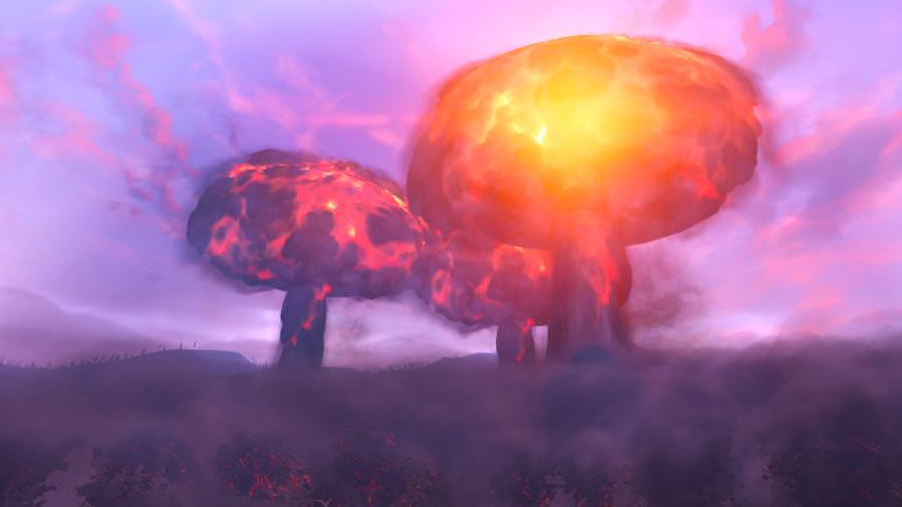
Long before Clockwork Revolution, the upcoming RPG that featured in this summer's Xbox Showcase, InXile was working on a persistent-server Wasteland game completely outside its wheelhouse. The project was led by Hicks, who had been the director of DayZ during its pomp and an instrumental figure in the invention of the battle royale genre. He joined Fargo's studio in 2017—writing his final DayZ status report from InXile's office in Newport Beach, California.
"The idea was Wasteland meets DayZ—as in the systems, not Chernarus—in VR," Hicks says.
Wasteland had originally been a beloved RPG series created by Fargo in the 1980s. Later, it became a primary inspiration for Fallout, which was created by designers at Interplay during Fargo's tenure there.
But by the time of Hick's arrival at InXile, Fargo had successfully ridden the wave of Kickstarter and crowdfunded a sequel to Wasteland—one that appealed to both fans of the original game and Fallout diehards who felt left behind by Bethesda's first-person action blockbusters. Released in 2014, Wasteland 2 featured an overhead camera, turn-based tactical combat and storytelling that reacted to the player's choices. It was well-received, making InXile a beacon for veteran RPG talent and putting the studio on the path to its current mainstream status.
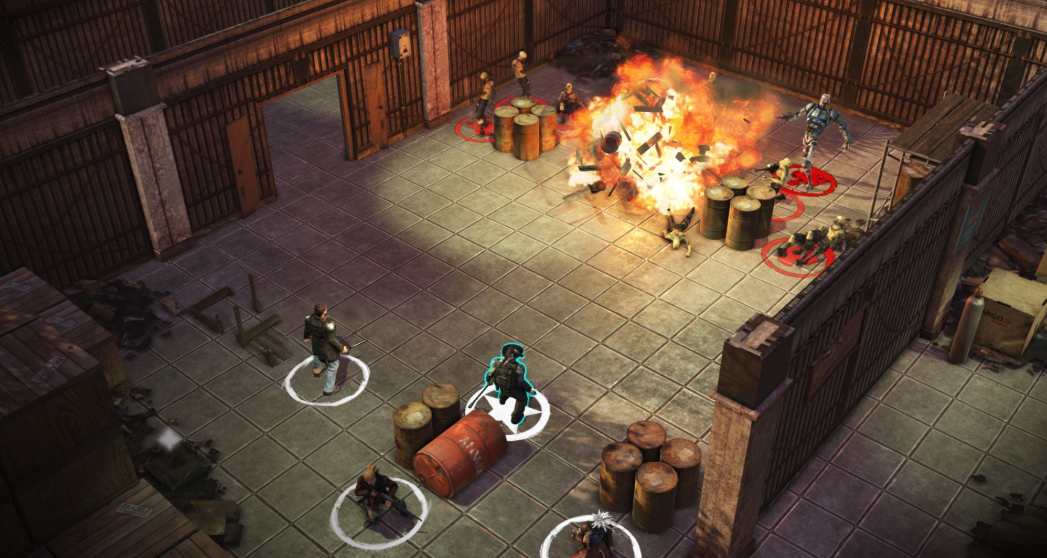
What Hicks and Fargo had in mind for their multiplayer Wasteland, though, was very different—a "persistent, dedicated server and a virtual world survival". In other words, it had plenty in common with DayZ, which abandons new players on the coast of a post-Soviet country and makes them responsible for finding their own food, water, weapons and clothing to survive the cold. The survival genre, as Hicks had helped define it, derives much of its magic from unforgiving simulation and surprising encounters with other players. InXile's Wasteland survival game was intended to support 40 simultaneous players at launch, with an ultimate goal of 100.
Fallout 76 launched and it resembled more DayZ than Fallout 4
Brian Hicks
Melding that competitively-charged appeal with the rather more dignified pacing of the western RPG was not straightforward. That became apparent when Bethesda announced and released Fallout 76 in 2018, to a largely negative response from fans and critics.
"I'm sure you recall, Fallout 76 launched and it resembled more DayZ than Fallout 4," Hicks says. "All the players were like, 'If I wanted to get griefed, I would go play Rust.' And the lesson that Fargo took away from it, I don't want to speak for the man, was that Fallout players have Fallout expectations.
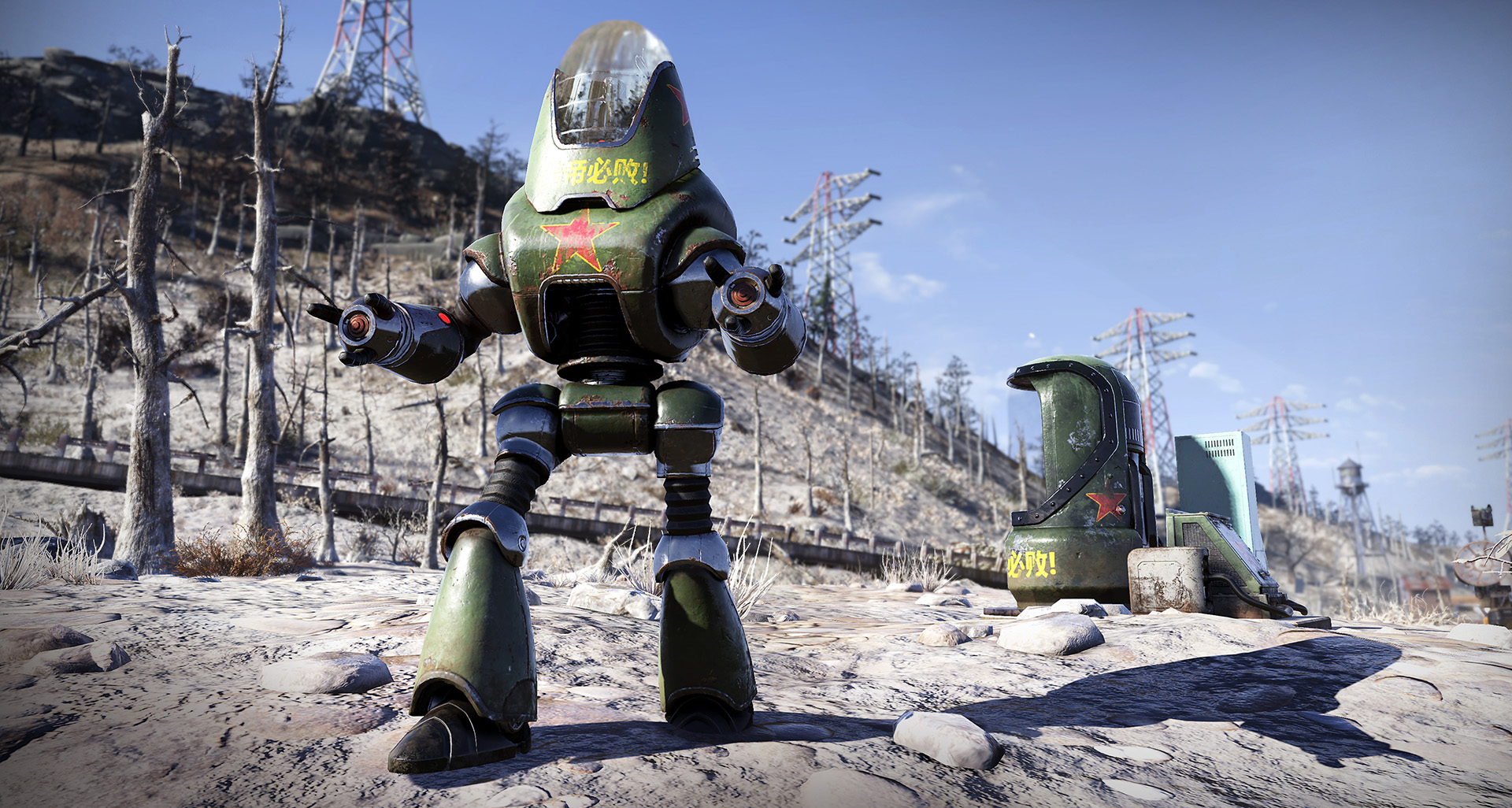
"One of the key things about Fallout is those branching questlines and NPCs you can interact with. Because outside of Fallout Tactics and Brotherhood of Steel, Fallout has been remarkably consistent—in that it is an Icewind Dale, Baldur's Gate kind of RPG. And that's not what they shipped with."
For InXile, seeing the public rejection of Fallout 76 was like watching a projection of a possible future for their own Wasteland game—one they would take extreme measures to avoid. "Obviously Bethesda had to do a lot of pivoting, and we ended up having to do a lot of pivoting," Hicks says. "Because Brian Fargo immediately was like, 'I wouldn't have done that. You need to pay attention when you're dealing with such an established IP, that people have clear expectations of. You need to know those going in. You can't just flub it.'"
In response to Fallout's botched release, the blueprint for Hicks's game grew enormously to accommodate classic RPG features that Wasteland fans would want. "It was massively scoped up because of the reaction of the Fallout playerbase on what they expected from a Fallout game," he says.
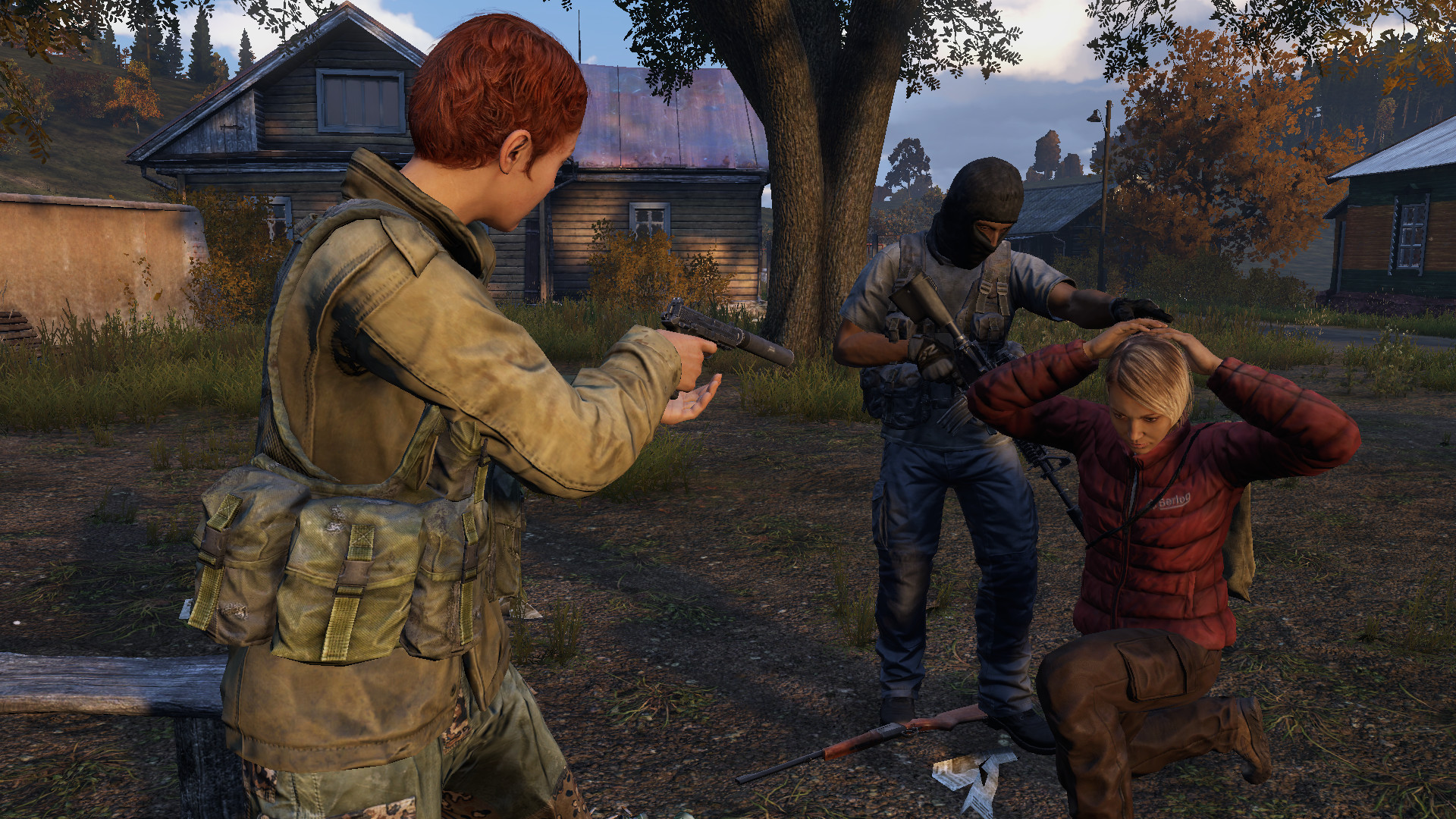
The new need for complex storytelling concerned Hicks. "Because, you know me—I'm coming off of DayZ, and I'm being asked to make a DayZ Wasteland experience," he says. "My mind is not on worldbuilding and narrative and quests. My mind is on everything else. I was worried about these branching questlines, these factions and reputations, all this shit that we did not have before. We were suddenly going to have to figure out what that was."
There was a robotic sperm whale off the coast, and it was called Roby Dick.
Brian Hicks
Hicks distinctly remembers a conversation with Fargo outside the office of InXile's art director. "And his point was, 'Listen, you make multiplayer survival games, and I'm putting my faith in you in that. And we make narrative RPGs, you've got to put your faith in me.'"
Fargo hired Chad Moore, now game director of Clockwork Revolution, to take on the narrative direction of the Wasteland survival game. Many years prior, Moore had worked at legendary RPG studio Troika on Arcanum and Vampire: The Masquerade – Bloodlines. He was well-equipped to carry some of the weight that had been added to Hicks's shoulders. "Which was appreciated, but also kind of a bummer," Hicks says. "Because we were going back and forth with Chris Avellone. He did a lot of bible-writing for us. He came up with some really fucking cool questlines. There was a robotic sperm whale off the coast, and it was called Roby Dick."
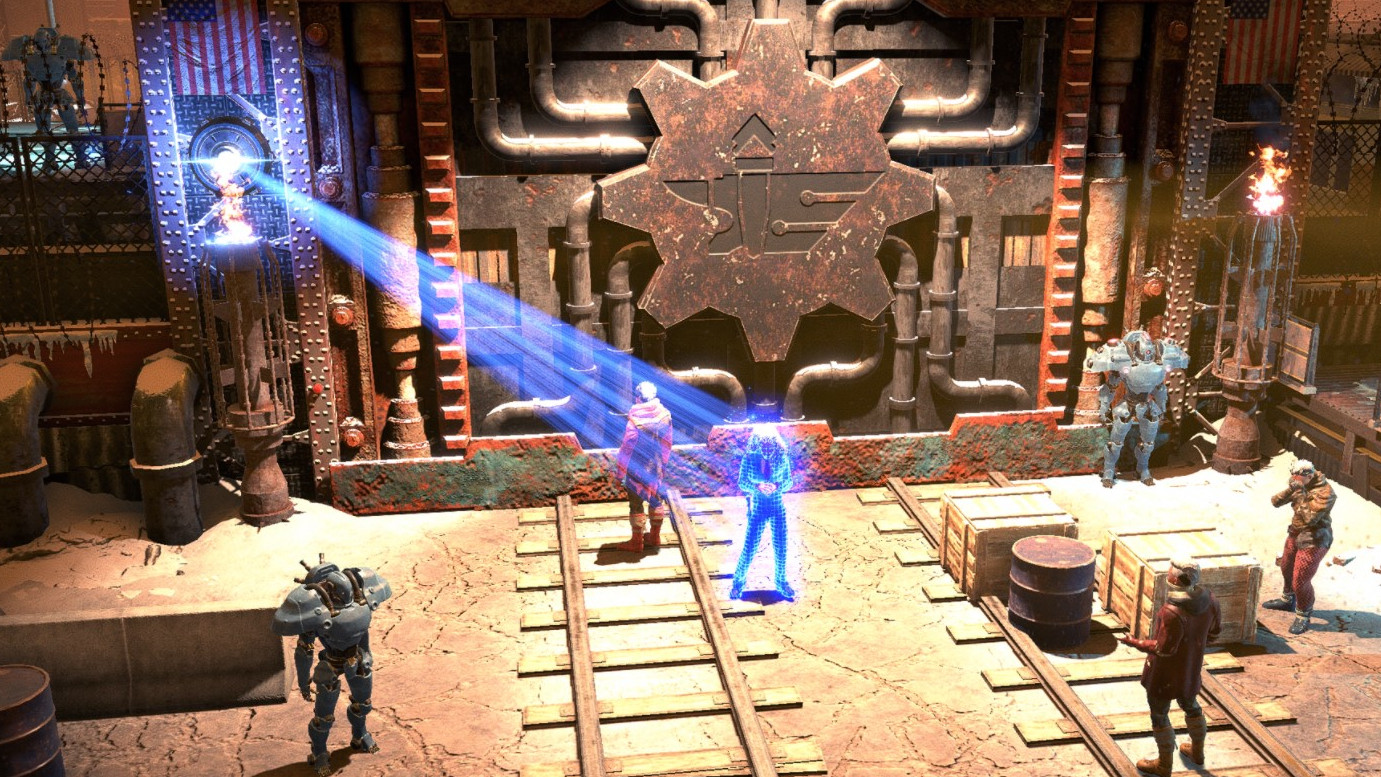
Nevertheless, Hicks trusted Fargo, who remains a "dear friend", and development continued apace. Until InXile was bought up by Xbox. "The game fell victim to the acquisition," he says. "I didn't fall victim to the acquisition, obviously. I was able to buy a house."
By that time, Hicks and his team had grappled with some of the project's most significant challenges and were beginning to glimpse sunlight. "It was during that rough period on the graph, the pit of despair, essentially, where we were just about to start climbing out and we were seeing some hope," he says. "These systems were working, we were feeling good about it. Matt Booty and Phil Spencer were both very like, 'OK, this is freaking cool'. But ultimately, the question from Booty as he walked in was, 'This is awesome. How fast can it ship on PC?'"
Xbox "were excited" about the Wasteland survival game, as Hicks tells it, but wanted it to launch on more platforms than VR. That's perhaps understandable: a year before InXile's acquisition, even VR-forward studios like Eve Valkyrie's CCP were abandoning their plans for mass-market crossover hits played with headsets. "As much as I love VR, especially screenless VR with no wires, the audience is not there," Hicks admits now. "It sucks. I don't understand why, because it's cheaper right now to get a Quest 3 than it is a fucking Switch 2. And it is way funner when you really sit down and play it."
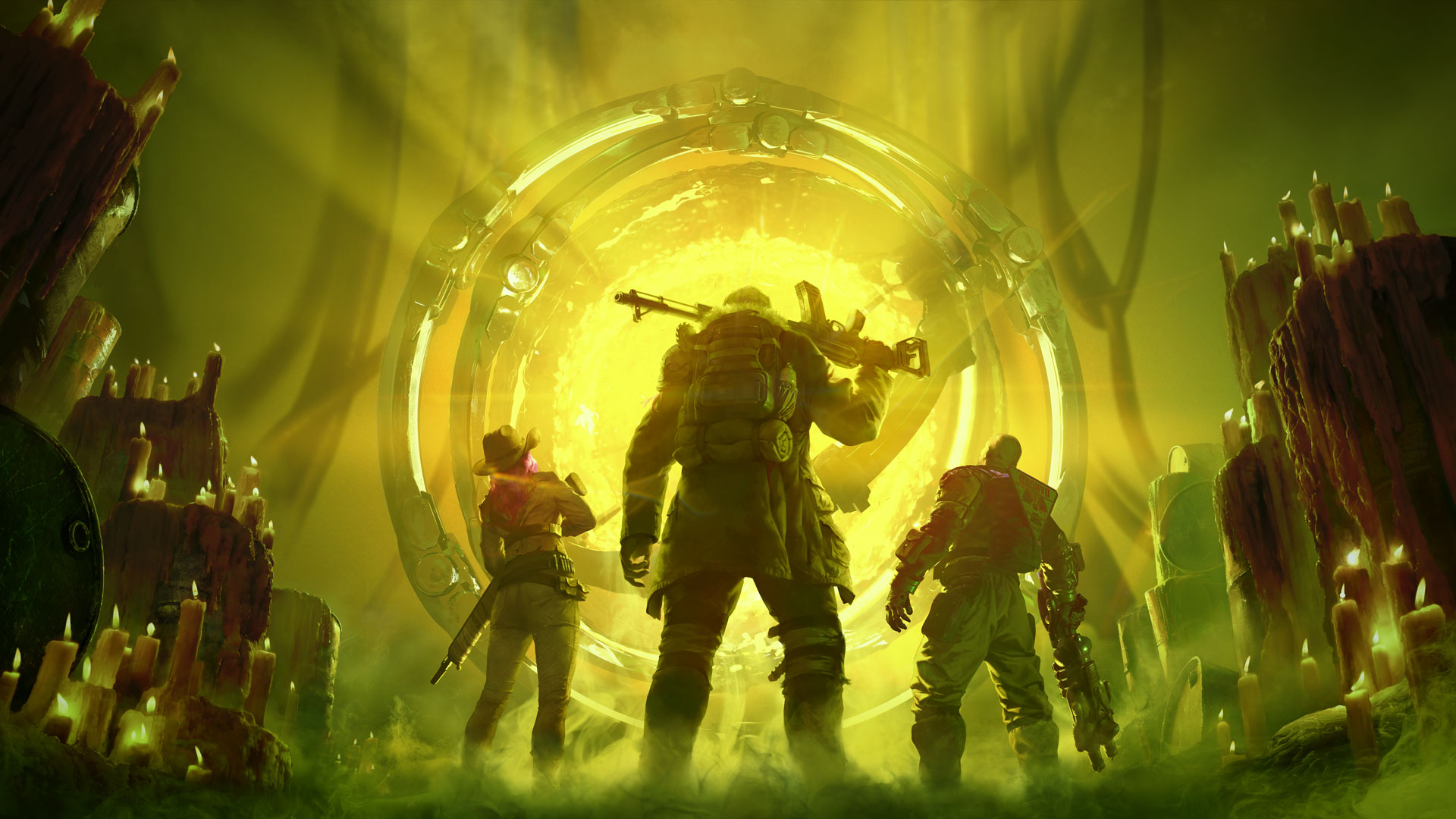
The trouble was, reconfiguring the Wasteland survival game for non-VR players would be no small feat. "That title was unapologetically, from day one, designed from the ground up to be a VR title," Hicks says. "And it's not like you can just swap in a new player controller and then bam, you know, it's PC. Everything from the interactions to the user interface would need to be pivoted and redesigned. And maybe, if the world had turned out differently, that might have happened."
That title was unapologetically, from day one, designed from the ground up to be a VR title.
Brian Hicks
Instead, Covid hit, and the George Floyd protests, and the US election of 2020. "It was a stressful period," Hicks says. "As I'm sure you remember." Then, Hicks was approached by Dean Hall—his old boss and friend from DayZ's glory days.
"He came along at the right time and said the right things," Hicks says. "He was like, 'Hey, man, you don't need to deal with all that mess over in California. Come out to New Zealand and we'll put you in a nice apartment. We'll fly you out first-class, and you and I will build games the way we know they should be built, and it'll be great.'"
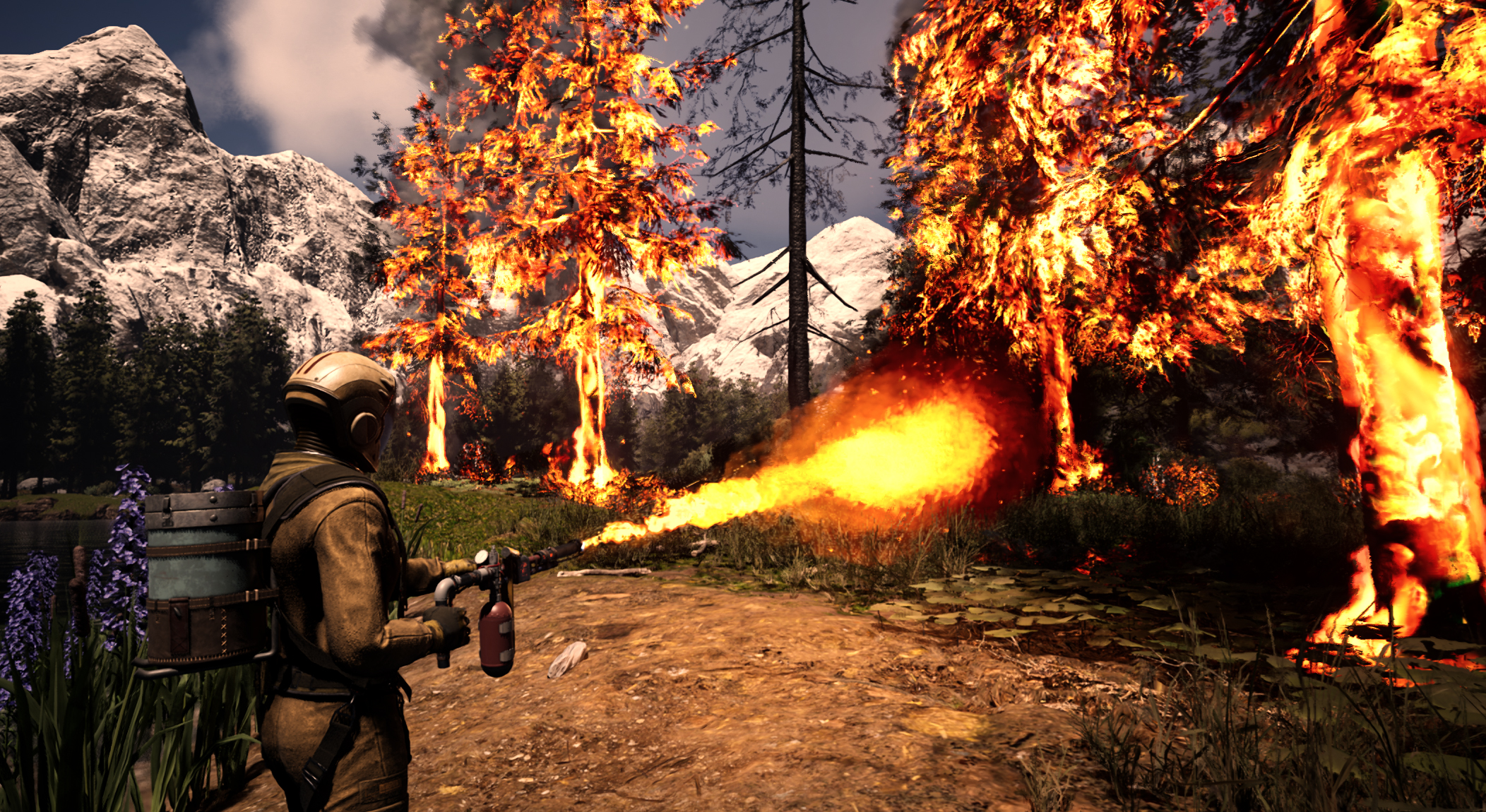
Hicks suddenly had an opportunity to escape the stress of figuring out how to pivot the Wasteland game under time pressure from Xbox, and to move to Auckland in a moment when New Zealand was routinely praised on Twitter for its responsible handling of the pandemic.
"All of my worries gone," he says. "I was like, 'You fucking kidding me? Let's go.'"
Hicks joined Hall's studio RocketWerkz, where he worked for 18 months on the survival game Icarus. And the Wasteland survival game never came to pass in the form it was first envisioned. Though the game he joined InXile to make died in development, Hicks is philosophical about the experience, and has no regrets. "It was a turbulent time," he says. "Not in a bad way. Being acquired by Xbox, especially for a studio the size of InXile, is not a bad thing by any means. But there are certain realities. You are no longer double-A. Technically yes, you have to do what Matt Booty says."

